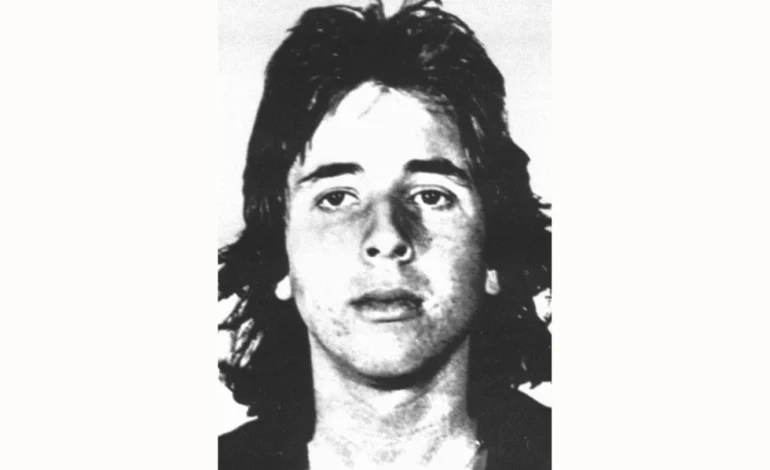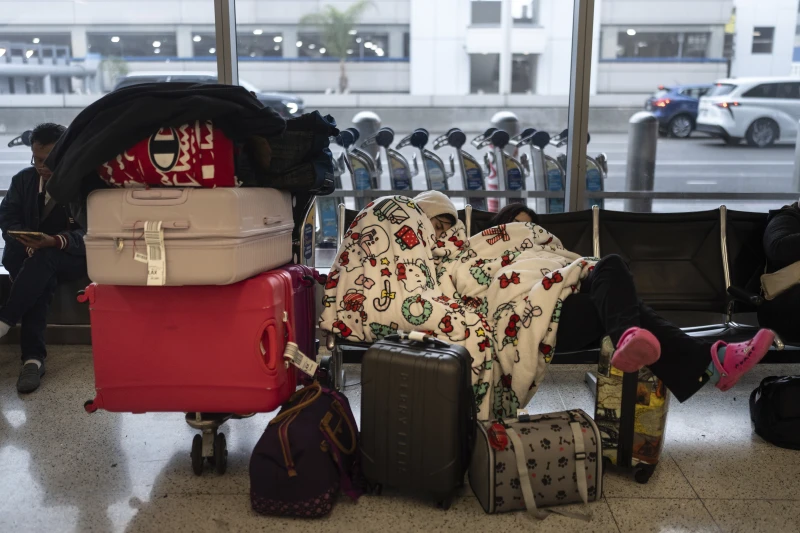Notorious Medellin Cartel Member Fabio Ochoa Vásquez Released from US Prison

Fabio Ochoa Vásquez, a key figure in Colombia’s infamous Medellin cocaine cartel, has been released from a US prison after serving 25 years of a 30-year sentence, The Associated Press reports.
The 67-year-old Ochoa, known for his opulent lifestyle and role in the cartel’s vast cocaine distribution network, is expected to be deported to Colombia.
Records from the US Bureau of Prisons confirm Ochoa’s release on Tuesday. He and his brothers amassed a considerable fortune during the cartel’s peak in the late 1970s and early 1980s, even earning a place on Forbes’ list of billionaires in 1987. Operating out of Miami, Ochoa oversaw a crucial distribution hub for the cartel, once headed by the notorious Pablo Escobar.
While Ochoa’s role in the Medellin cartel might have faded from public memory as the drug trade shifted to Mexico, he was prominently featured in the Netflix series “Narcos,” portraying him as the youngest son of a wealthy Medellin family, contrasting his background in ranching and horse breeding with Escobar’s more humble origins.
Ochoa’s legal troubles began with a 1986 indictment related to the killing of Drug Enforcement Administration (DEA) informant Barry Seal, a case famously depicted in the 2017 film “American Made.” Initially arrested in Colombia in 1990 under a government amnesty program, he was later re-arrested and extradited to the US in 2001. He was subsequently convicted in Miami on charges of drug smuggling conspiracy and sentenced to 30 years in prison, the only defendant in his case to opt for trial.
Richard Gregorie, a retired assistant US attorney who prosecuted Ochoa, told the news outlet that authorities never fully recovered the Ochoa family’s drug profits, suggesting Ochoa will likely return to Colombia with significant wealth.
Ochoa’s attorney, Richard Klugh, declined to comment. However, throughout years of legal proceedings, Klugh unsuccessfully argued for Ochoa’s early release, claiming his sentence was disproportionate to the amount of cocaine authorities could directly link to him.








